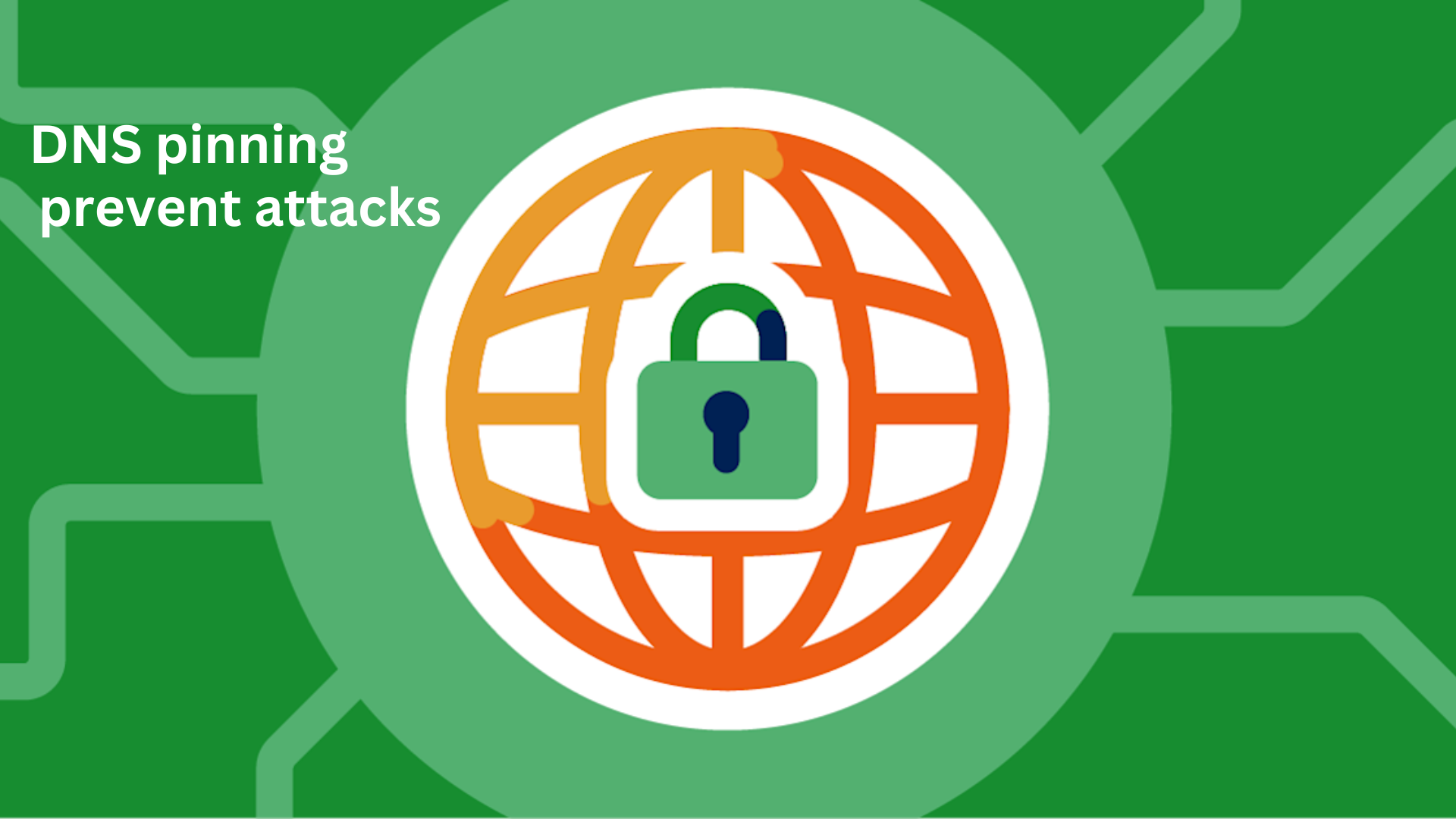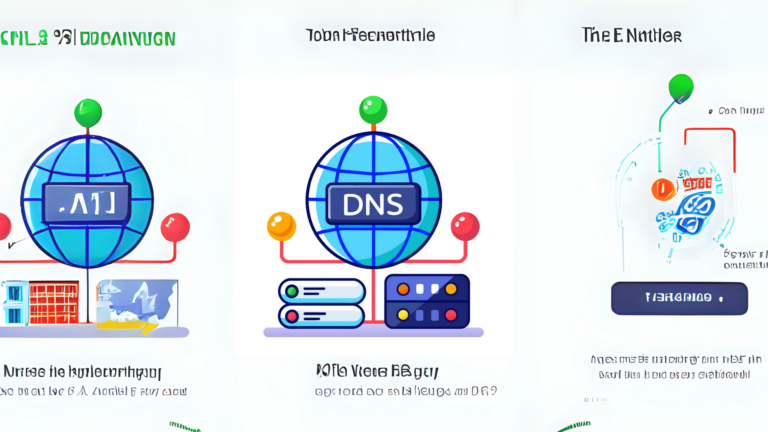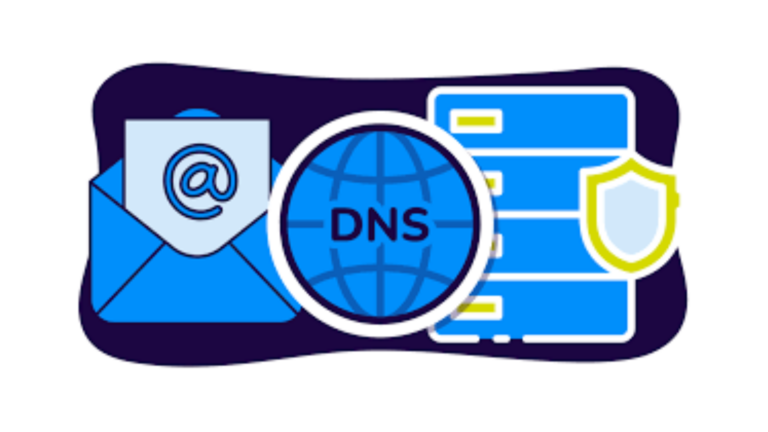What is DNS pinning, and how does it prevent attacks?
What Is DNS Pinning?
DNS pinning is a security technique used by web browsers to protect users from certain cyber attacks, especially DNS spoofing and DNS rebinding. It helps ensure that when you visit a website, your browser connects to the correct server instead of a malicious one.
How Does DNS Work?
DNS (Domain Name System) is like a phonebook for the internet. When you type a website name (like example.com), your browser asks a DNS server for the IP address linked to that name. Once the DNS server provides the IP address, your browser uses it to load the website.
What Problem Does DNS Pinning Solve?
Without DNS pinning, attackers can use a trick called DNS rebinding to fool your browser into connecting to a dangerous server. Here’s how DNS rebinding works:
- You visit a malicious website.
- The attacker’s site makes your browser request a DNS record that keeps changing.
- The first request goes to the real website’s IP address.
- A few seconds later, the attacker’s server changes the DNS record to point to a private or local network.
- Your browser unknowingly sends requests to the attacker’s controlled network, potentially exposing sensitive information.
How Does DNS Pinning Prevent Attacks?
DNS pinning stops this trick by making your browser remember (or “pin”) the original IP address for a longer time, even if the DNS record changes. This way:
- If an attacker tries to change the DNS record, the browser ignores it.
- Your browser keeps using the first IP address it received, blocking the attack.
- This protects internal networks and sensitive data from being accessed by unauthorized parties.
How Long Does DNS Pinning Last?
Different browsers have different rules for DNS pinning. Some keep the IP address pinned for the entire browsing session, while others use a specific time limit. This is usually longer than the TTL (Time-To-Live) set by the DNS server.
Downsides of DNS Pinning
While DNS pinning is helpful, it can sometimes cause problems:
- If a website changes its server’s IP address, users may experience delays in accessing the new server.
- Some websites that rely on frequent DNS changes (like content delivery networks) may not work properly.
- Users might need to clear their browser’s cache to see the updated website.
Conclusion
DNS pinning is an important security feature that helps protect internet users from DNS-based attacks. By preventing malicious changes to DNS records, it ensures that your browser always connects to the correct website. While it may cause minor issues in some cases, its role in preventing cyber threats makes it a valuable security measure for web browsing.






